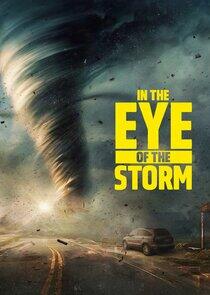Rise of the Video Game - Season 1

Season 1

Episodes

Level 1

Level 2

Level 3

Level 4

Level 5
Recently Updated Shows

WWE NXT
Each Wednesday at 8:00 p.m. ET, WWE Superstars and Divas of tomorrow face off on WWE NXT, a one-hour weekly show that features the brightest and best of WWE's rising stars. WWE NXT showcases the Superstars and Divas from WWE's Performance Center as well as appearances from WWE Superstars and Legends in an intimate setting. WWE NXT broadcasts from the state-of-the-art Full Sail LIVE venue on the Full Sail University in campus in Orlando, Florida.

Alien: Earth
When a mysterious space vessel crash-lands on Earth, a young woman and a ragtag group of tactical soldiers make a fateful discovery that puts them face-to-face with the planet's greatest threat. As members of the crash recovery crew search for survivors among the wreckage of a mysterious crashed space vessel, they encounter mysterious predatory life forms more terrifying than they could have ever imagined. With this new threat unlocked, the search crew must fight for survival and what they choose to do with this discovery could change planet Earth as they know it.

90 Day Fiancé UK
Follow eight loved-up Brits and their long-distance lovers for 90 days to see if they commit or call the whole thing off! For these real life couples the stakes could not be higher - so much could go wrong, and so much could go right.

Press Your Luck
A game of wits, strategy and high stakes as contestants try to avoid the iconic WHAMMY for a chance at life-changing cash and prizes.
